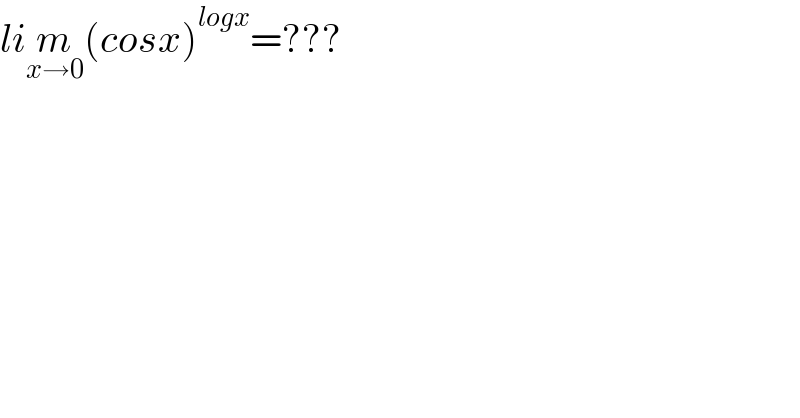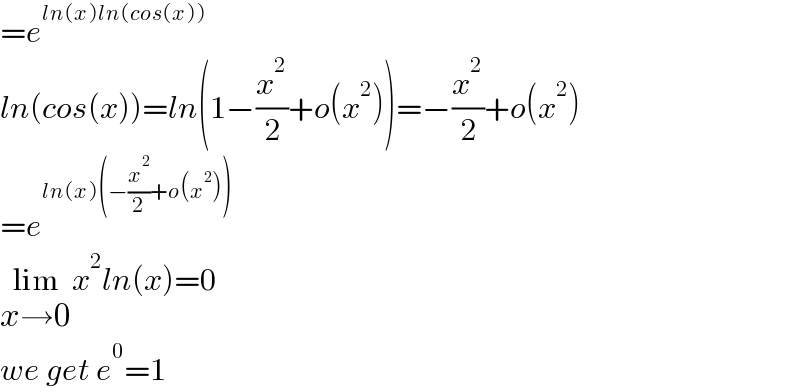
Question and Answers Forum
Question Number 129387 by Study last updated on 15/Jan/21

Commented by Study last updated on 15/Jan/21

Answered by mindispower last updated on 15/Jan/21

Commented by Study last updated on 16/Jan/21

| ||
Question and Answers Forum | ||
Question Number 129387 by Study last updated on 15/Jan/21 | ||
 | ||
Commented by Study last updated on 15/Jan/21 | ||
 | ||
Answered by mindispower last updated on 15/Jan/21 | ||
 | ||
| ||
Commented by Study last updated on 16/Jan/21 | ||
 | ||